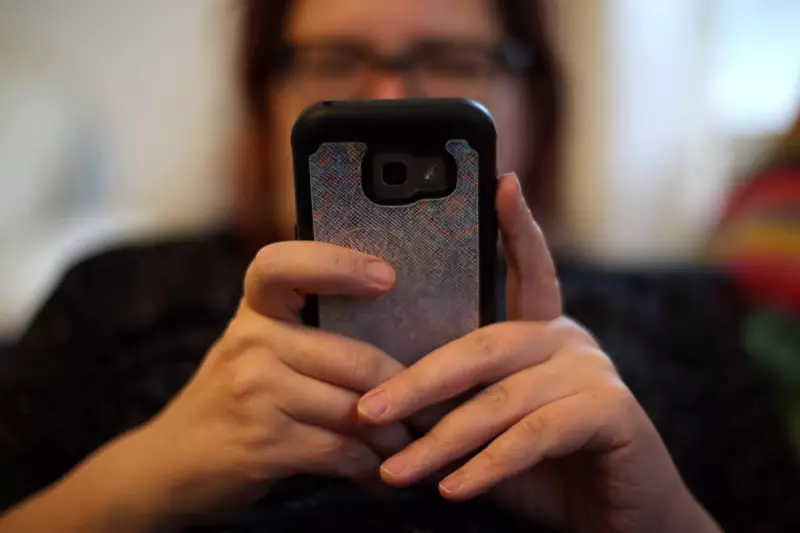
The relentless barrage of unwanted spam calls and robocalls that plague telephone users across America is facing a powerful new adversary as the Federal Communications Commission (FCC) implements sweeping new regulations.
The Crackdown Begins
In a decisive move against telecommunications nuisance, the FCC has announced stringent new requirements for phone providers. Carriers must now block calls from suspicious sources and implement robust caller ID authentication systems to verify legitimate calls.
The regulations represent one of the most significant consumer protection initiatives in recent telecommunications history, targeting the billions of unwanted calls that Americans receive annually.
Why This Matters to Consumers
For ordinary phone users, the changes could mean:
- Dramatically reduced spam call volumes
- Better identification of legitimate callers
- Enhanced protection against financial scams
- Restored confidence in answering unknown numbers
The FCC's action comes after years of mounting complaints from consumers frustrated by the constant interruption of fraudulent calls and automated messages.
The Technology Behind the Solution
Central to the new approach is the implementation of STIR/SHAKEN protocols - sophisticated caller ID authentication technology that helps verify whether incoming calls are legitimate or spoofed.
"This isn't just about inconvenience," explained a telecommunications expert. "Many of these calls are designed to defraud vulnerable people, particularly the elderly. The financial and emotional damage can be devastating."
What Happens Next
Telecom providers now face strict deadlines to implement the required systems, with significant penalties for non-compliance. The FCC has made clear that protecting consumers from unwanted calls is now a mandatory responsibility for the industry.
While the battle against spam calls isn't over, these new regulations represent the most comprehensive effort yet to give Americans back control of their phones.





